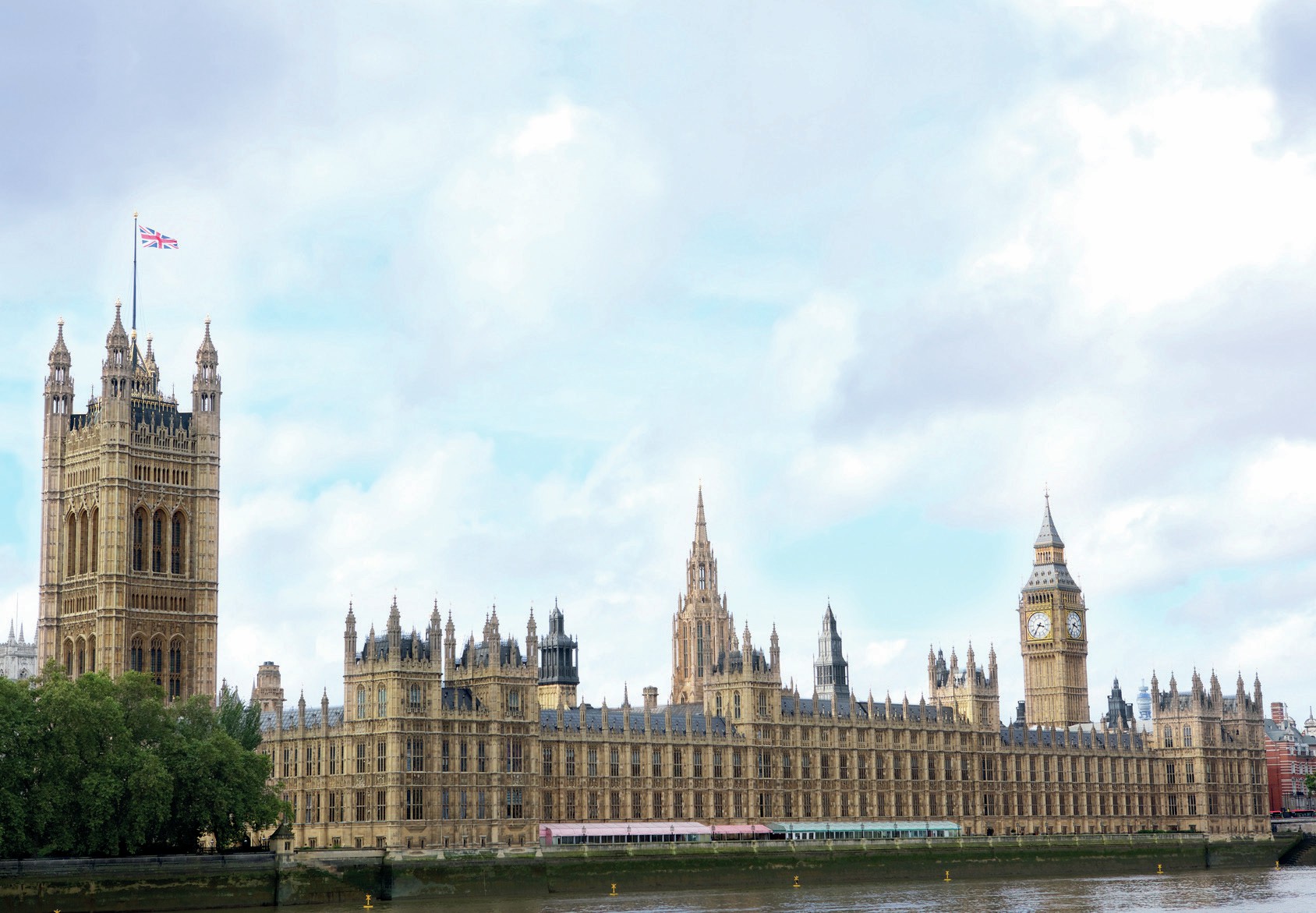
In a democratic country elections will decide which parties and politicians govern the country, have the power to change its laws and decide upon its policies. The electoral rules determine the details of this process and are usually part of the constitution of a country. The rules lay down who can vote and how many votes a candidate needs to be elected into the legislature. However, the details of the electoral rules differ widely between different democratic countries.
Electoral rules matter for the politicians who run for office. But they also matter for the voters because the way in which the preferences of the electorate are aggregated into policies depends, to a large extent, on the political institutions — of which the electoral rules form an important part. Electoral rules do not only shape policies, they can also influence the accountability of elected officials and the degree of corruption in a country because some electoral rules are better suited to holding politicians accountable.
Your organisation does not have access to this article.
Sign up today to give your students the edge they need to achieve their best grades with subject expertise
Subscribe
